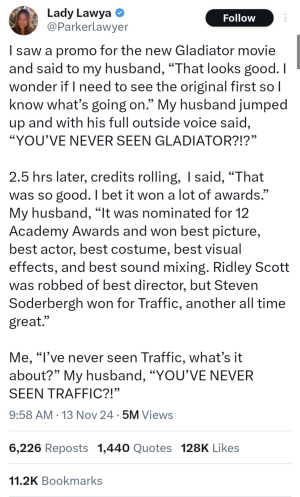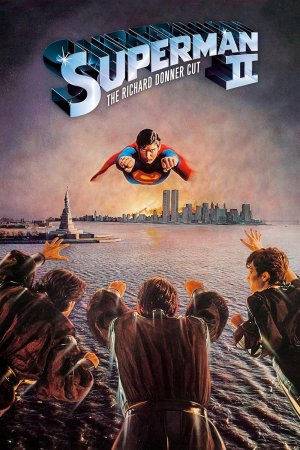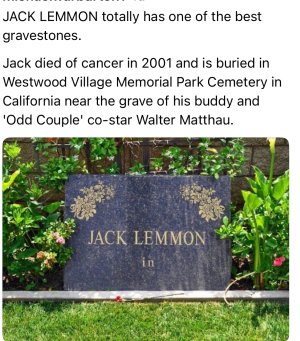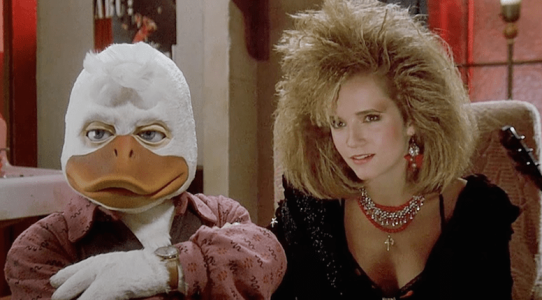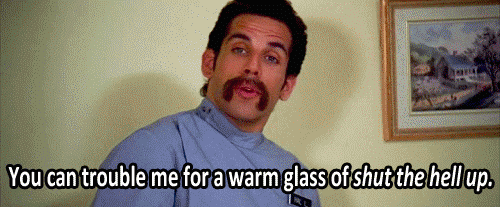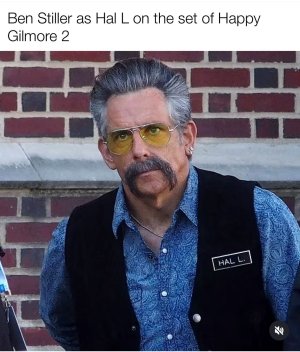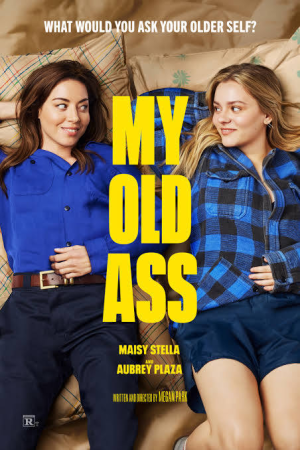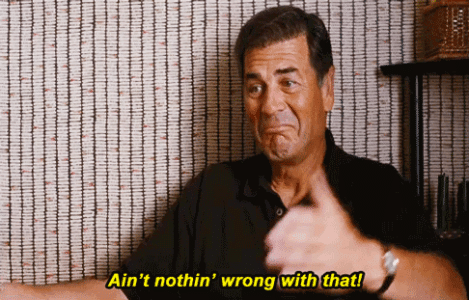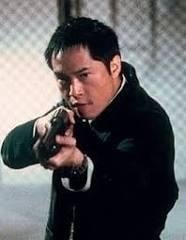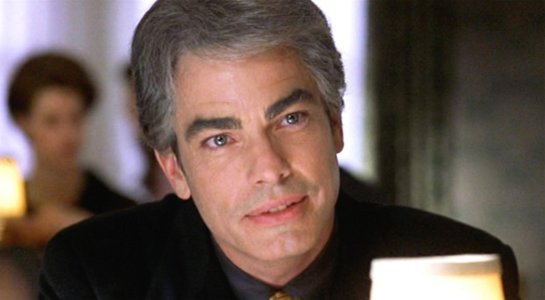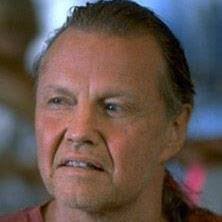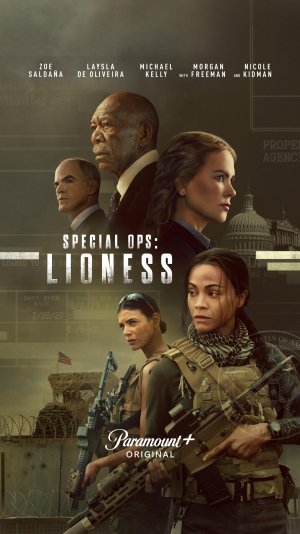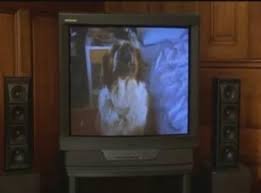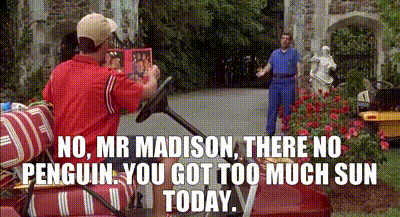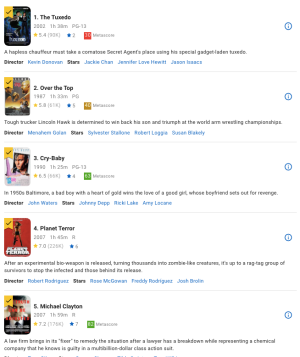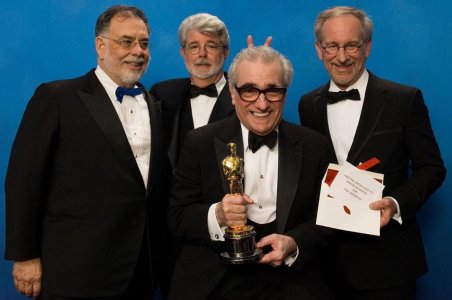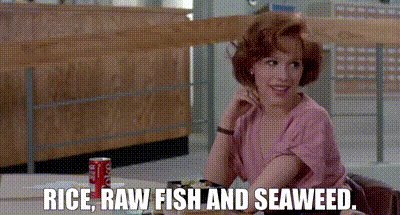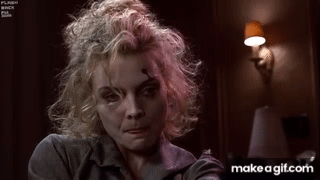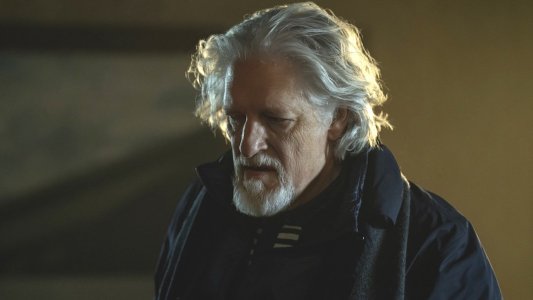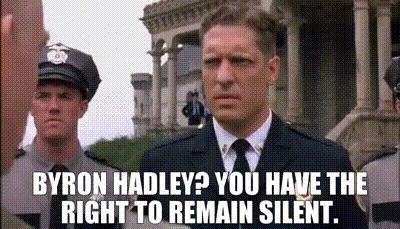Four and a half years and 36 hours of television later, I still don’t know what “tu es pocky way” actually means. Or more accurately, I don’t know which to credit among the seven or eight definitions offered us by five or six different Mardi Gras Indians. Our prime consultant on HBO's "Treme" on these matters, Big Chief Donald Harrison Jr., assures me that he knows the correct answer and can only provide it to me if I’ve been sewing for a year or so, or conversely, if I’m willing to accept a hatchet in my head for trafficking in sacred Indian secrets without proper authority.
I also don’t know empirically who makes the best seafood gumbo, or the best roast beef po-boy, or exactly which piano lick belongs to Fess or Mac or Booker. I don’t know exactly which deviltry belongs to the Corps of Engineers, which to local levee boards and which to the congressional appropriation committees. I don’t know why the dictator of Krewe D’Etat is always a ****. I don’t why you all can pronounce Tchoupitoulas with constancy and élan, yet founder in the simpler shallows of Burgundy.
Such is New Orleans.
And the truth is, I could churn out 100 hours of television, or live here for a quarter century as my confederate Eric Overmyer has, and still, there would be arguments and contradictions enough to set everyone’s teeth on edge.
Indeed, I am descended from an ancient race of prematurely literate Bedouins, who have been known to foster far more than our share of opinion and debate. We Hebrews have argued our way into a veritable Talmud of point, counterpoint and counter-counterpoint, yet we are pikers compared to New Orleanians. Every shard of your civic history is balanced precariously on the head of two dozen different bundles of personal memory, family history and political argument.
Let’s leave Faulkner to a neighboring state: It isn’t that the past isn’t even past. It’s that the past in New Orleans – all of it, seemingly – is still up for grabs, shaped and reshaped by a populace who is, to a soul, convinced that it knows it is Tracey’s over R&O’s, or that Mac copped that one from Booker, or that pocky way means two gangs in the street, coming at each other and any Indian who tells you otherwise is some jive-***, glue-gun-firing Jazz Fest Injun.
For this reason alone, I wrote a column on these pages at the beginning of “Treme,” alerting all to the simple fact that a television drama would be set in a real time and place, but it would be a fiction. It would not be completist or documentarian. Nor would it be precise with fact or chronology. It would use the post-Katrina experience to create a narrative about some people. It would be definitive only in that it was the story that we wished to tell.
A 'bookend' to the story
Now, with “Treme” at its close, the editors of NOLA.com | The Times-Picayune were kind enough to ask me to write something to “bookend” our television narrative, as they put it. And I confess that while I want to honor the invitation, I have very little to say about what “Treme” is. The work is done, and as of Sunday, Dec. 29, the last episode will be broadcast. Nothing said on this page ought to matter at all to what an individual viewer believes the show was or wasn’t. Whether you found any meaning or connection in the narrative, or not, is not for me or anyone associated with the production to argue.
Instead, as I did at the beginning, I’ll confine myself to simply restating what “Treme” was certainly not:
It was not journalism or documentary. It was fictional, and the fact that it is set in a real time and place – or even that the events depicted are relatively recent ones – is not an affront by every literary standard of narrative. From Melville to Mitchell, from Fitzgerald to Doctorow, from Robert Penn Warren to James Jones, our times and the events of our times have been good grist for the storyteller’s mill, and some fine works in the canon are the certain result of such a dynamic. The turbulence and journey of New Orleans after Katrina is certainly as worthy of a storyteller’s attention as Pearl Harbor or Huey Long.
All of which is not to suggest that the fictional story should or could in any way supplant the journalism, the documentarianism or, ultimately, the historical scholarship that has been generated and continues to be generated about post-Katrina New Orleans. Not only is the fictional narrative incapable of replacing empirical reporting and scholarship, it is reliant on such. And when the fictional narrative “cheats” a truth, it does so to better and more honorable effect when the storyteller knows enough to understand the where and why of the cheat. Absent that much, you’re pretty much just getting stuff wrong to no purpose.
Our last premiere event in New Orleans, held outdoors in ungodly weather a month or so ago, featured the screening of this last season’s first episode for crew members, musicians and the hardiest of bundled locals. But purposely, we screened “The Whole Nitty Gritty City,” a deserving and substantial documentary about music education in New Orleans, as a second feature. We did so, among other reasons, to make a basic point: The story of this city since August 2005 is deserving of attention and endeavor from all points of the narrative compass. “Treme” is merely one voice among many.
A glimpse, not the complete picture
Which brings up the second negation that should be offered at the close of this project: No story is about everything. And any story that claims to be about everything is, in the end, about nothing.
As with every narrative – whether it’s journalism, or historical scholarship, or the prose novel or filmed drama – choices were made and calibrated in the creation of “Treme.” We were interested especially in the role of culture in restoring and sustaining New Orleans; our characters, consequently, were heavily weighted to culture bearers, or those who supported, patronized or contended with culture bearers.
By contrast, the flooding that resulted from Katrina and the trauma and dislocation that followed the destruction of 80 percent of an American city were profound experiences in the lives of more than a half million people. Doctors, lawyers and all manner of citizenry – not merely Indian chiefs – endured a post-Katrina experience that was and continues to be wholly unique and deeply important to each individual. “Treme” is not the story of, say, a Lakeview financial consult whose life was utterly upended by Katrina, nor is it the tale of a Gentilly internist and his family, or a municipal employee from Mid-City.
No selective narrative – none specific enough to depict the detail and idiosyncrasy of actual lives and characters, anyway – is sufficient to speak in full to the experiences of individual New Orleanians, especially in this case. Just as we have too much respect for non-fiction to claim its authority on behalf of a dramatic narrative, we take what folks in this city have endured since August 2005 too seriously to think that any story can or should stand for what all New Orleanians have experienced and continue to experience, individually.
If at points, watching “Treme,” viewers found that the narrative touched on certain realities or experiences of post-Katrina life here, then we achieved as much as can be hoped. If no echoes of the real were evident to some viewers, then with them we certainly failed. But at no point do we expect or hope that anyone sees in our narrative the whole of his or her life’s arc replicated. The power of the Katrina narrative cannot be trifled with in such a way. It exists for each New Orleanian singularly, and it is maintained with great precision and deep emotion. By comparison, a fictional drama is always attenuated.
Such is what “Treme” is certainly not.
Trespassing respectfully
And again, as to what it was, we who made the drama now stand tacit, except to acknowledge that it was most certainly a trespass, albeit a respectful one.
Yours is a Southern city, and a polite one at that, and speaking for cast and crew as a whole, I can attest that we heard largely from those who were appreciative of the effort, while those who were affronted more often than not avoided an unpleasant conversation. But we are wholly grateful for the cooperation, creativity and even camaraderie that was accorded us as we labored to complete our tale. With only the rarest exception, the creative communities – musicians, club owners, chefs, restaurant owners, Indians, Social Aid and Pleasure Club members, Carnival krewes, visual artists, writers – threw themselves into collaboration with us from the outset and never wavered. The result is as much testament to their commitment as our own.
And, too, regular folk were for the most part exceedingly tolerant, even when we got the location of the worthiest gumbo or the shelf-life of a Hubig’s wrong in their estimation. We were warmly encouraged in every neighborhood of the city.
Speaking here for Mr. Overmyer, for George Pelecanos, for Nina Kostroff Noble, for Anthony Hemingway, and for the other writers, producers, directors, cast and crew, I can safely claim that it was this collaboration with the actual New Orleans – the doing of it – that stays with us as much as the finished product. We don’t expect to work on a project that feels as this one did for a long, long time to come, if ever.
If you have felt otherwise, and if “Treme” and its purposes did not coincide with your own, or if our story affronted in certain ways, or if we even denied you parking or right-of-way with our trucks in such a way as to break all bonds, you might well encounter Mr. Overmyer or myself, or Wendell Pierce for that matter, in some ramble through town.
As per our standing offer, if you find yourself in just such a moment, feel free to pull us up, as neighbors do, and alert us to our myriad failures. If there is a bar nearby – and surely, such a thing is a possibility in these environs – the first one will be on us.
We were sincere in pursuing this project, and we remain so. But rubes we are not: If your jeremiad continues beyond the first drink, then, hey brother, the next round is on you.






